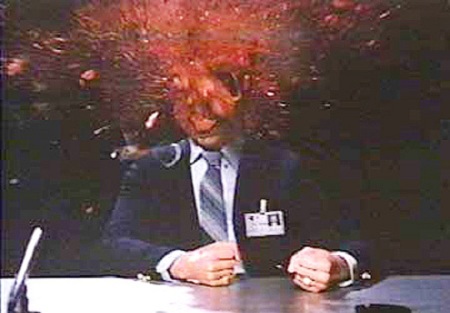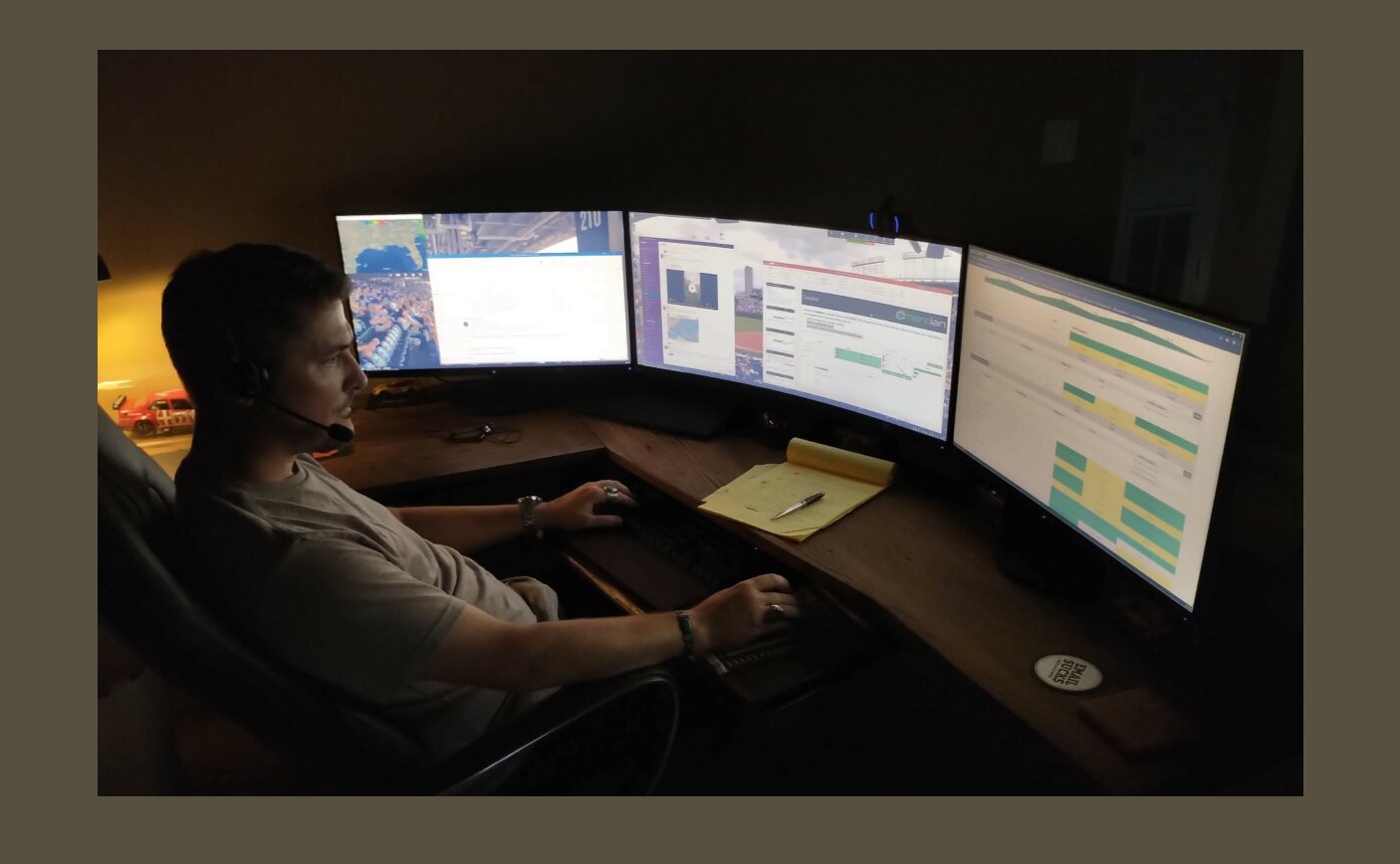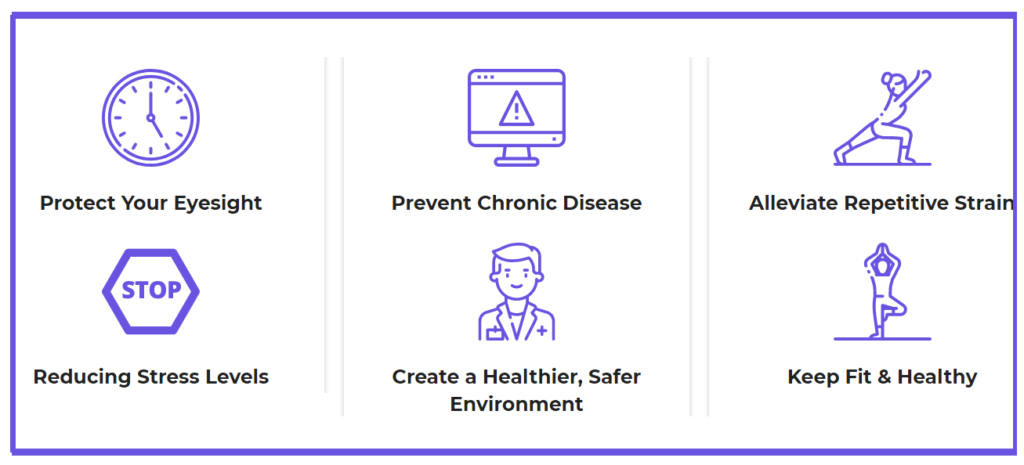
I am a chronic Migraine sufferer. Are you?
I was diagnosed when I was 18 and now in my 40’s I still get cluster migraines. Cluster Migraines are recurrent, severe headaches that usually stick to one side of the head, for me it’s the left. I’ve probably suffered from them since I was a very young child. Throughout my life, I have dealt with many hurtful comments from those unable to understand my affliction. Their comments used to really get under my skin. Migraines are very severe. They are not just a very bad headache. No two Migraine sufferers are the same when it comes to patterns of pain or management. To make matters worse Migraines are an ‘invisible illness’.
An invisible illness is something that the sufferer feels but no one else sees or acknowledges. Those that are afflicted with migraines are often accused of faking or imagining their disabilities.
But it’s not entirely hard to understand why- these disabilities are not always obvious to the onlooker and the cyclic nature of migraines means that they are a chronic disability that are never going to go away.
To suffer with migraines is to know not only physical pain but also at times, sociological pain and even ostracization. It’s when you’ve been motoring onward through life and everybody looks at you like you are a healthy person but in actuality, there’s that one thing that keeps you from being the person you see yourself to be. This compounds your mood and may even trigger that other “invisible illness”: Depression.
Yes, migraines come with a lot of misunderstandings from critics that refuse to believe what is happening.
My favorite line has always been: “You’re young, there is nothing wrong with you…”. It’s shameful! The idea of simplifying health into a debate about youth and middle or old age. You take the time to try to explain and inform people what your life is about and yet they still believe that your suffering is all in your head. That’s when I usually hear comments like- “Get outside and get some fresh air, that’ll fix it.” or ” You just need to get over it, move on with your life”. The worse thing for me to hear is ” If you’re that sick how come you are doing that?” The sad truth is that all these phrases come from people who can’t understand what it is like to deal with an invisible illness.
Migraines occur when the blood flows through the brain causing blood vessels to rapidly expand, which in turn causes pain and other symptoms.
For me, it all starts with an unbelievable pain that can persist anywhere from 24 to 72 hours. I refer to it as having a huge Mack truck stuffed inside my head. While this happens, symptoms include: vertigo, numbness, mass nausea, fainting, blurred vision, and sensitivities to light, sounds and smells. I have been told that many of these symptoms are very close to what one would feel if they were having a stroke. Sometimes these symptoms can occur without the associated pain. I look at those as ‘added extras’. They include bright sparkles in the sky that only I can see…an added extra.
When things are at their worse and I have tried taking all the suggested and prescribed medications such as aleve, and the pain just won’t go away I plop myself in a car and have somebody drive me to the hospital.
If you were me and had experienced this you may have ended up spending four hours at the hospital on a good night. When you were admitted they may have looked at you like you were a drug addict. They may have checked you for signs of a stroke at which point they may have placed you in a bed where you wait and wait and wait. You may have been hooked up to an IV with sodium solution to help rehydrate you. Then they may have started you on the meds.
For me it’s always been 2mg of Maxeran (anti-nausea medication for people who go through chemotherapy) and 5mg of Toradol ( a strong pain medication). Perhaps it’s that mixture that worked for you and you sat there and waited, maybe even had a snooze. The nurse observed when you started to feel better because the colour flowed back into your face and you became very hungry. At this point you are finally ready to go home and start all over again knowing that the next day will always be the best day.
Perhaps you are like me- I turn into a bit of an energizer bunny… with the pain removed and the symptoms gone I actually feel pretty healthy and am ready to face the world again.
But what triggers these attacks?
This is the hardest part. These horrid brain attacks can be caused by almost anything- physically exhausting yourself on one extreme or simply walking down the soap isle in the grocery store on another. Almost anything and everything can trigger a migraine for me. The weather for instance is a trigger that I have been stuck with for years. Before a storm, a build-up of barometric pressure can be an instant trigger. Flying on airplanes is a trigger due to the change in the atmosphere.
If you want simpler triggers how about MSG, Artificial Food Colourings, Caffeine, Red Wine or Preservatives? Even certain veggies tend to make the list. Other things that are triggers can be strong perfumes/soaps, too much stress, bright lights and loudness. Basically anything that could possibly cause a disturbance to my personal inner balance. It is consoling to know that not all of these are triggers for everyone who suffer with migraines. Somethings effect more people than others. Trying to maneuver between what does and what doesn’t trigger is a battle in itself.
This invisible illness leaves me helpless.
The idea that it can pop up at any point in time means there is no space for future time planning. Making plans in my life is non-existent. I can say I am going to go here or there but in the long run until I get up that morning I will never be sure. Then there are the times that I take the chance and go out because I am just so tired of my couch no matter how bad I feel. Other times I stay home and safe.
Few non-sufferers know that in certain places Migraines have been upgraded to a neurological disorder. Another fact that most people don’t know is that it will never go away. There is no cure only pacifiers that help you to deal with everything that transpires. Sometimes these pacifiers worsen the attack.
And the frequency of attacks?
I get them 15 days out of a month which doesn’t leave much time to actually live a carefree lifestyle. There are so many things that I and other sufferers have lost because of this illness. Jobs and career goals go right out the window. The simplest things like enjoying a movie at the theater, going to see a live band or even a family gathering are at risk. It has to be just right and on a good day. It’s very stressing trying to keep up. I haven’t even mentioned the troubles it creates within a personal relationship, between you and the significant other. Between everything you have to do and the things that you want to do. All this takes place within such limiting time frames. I almost feel grateful, to have dealt with them from such an early age because it has prepared me to deal with this kind of lifestyle. In a way it’s made me so much stronger then I ever thought I could be. I have learned how to look at life in a different way. Don’t get me wrong, I would give anything to live without them but because that is not an option…I will reluctantly settle for this.
This is a side of me that many people do not get to see.
It’s something that I have only shared with the most important people in my life. There is a huge stigma out there when it comes to diseases or conditions that go unseen. When I get an attack you wouldn’t know it, you can’t see it. You can’t see the numb and tingles that invade my body. A lot of people just do not understand nor do they really want to. In our fast paced society it gets lost. I am sharing my story because I would love to see the stigma removed. I want people to understand that just because someone seems healthy and able it doesn’t mean that they actually are.
All those comments that I pointed out at the beginning of this article are things that I have heard for years. I still deal with it to this day. People that I have had to deal with who never understood no matter how much you try to explain it. I know that other people have gone through the same things that I have and I want to let them know that they are not alone. I also want to let other people know that they need to think before making a judgment on somebody else. Keep in mind that old saying: “Do not assume or judge somebody until you have walked a mile in their shoes…” For the Silo, Dawn Bank.







 So many of my clients bring interesting cases to me, everyone is different and so therefore interesting in their own way. But one case that stands out was a client who had
So many of my clients bring interesting cases to me, everyone is different and so therefore interesting in their own way. But one case that stands out was a client who had 